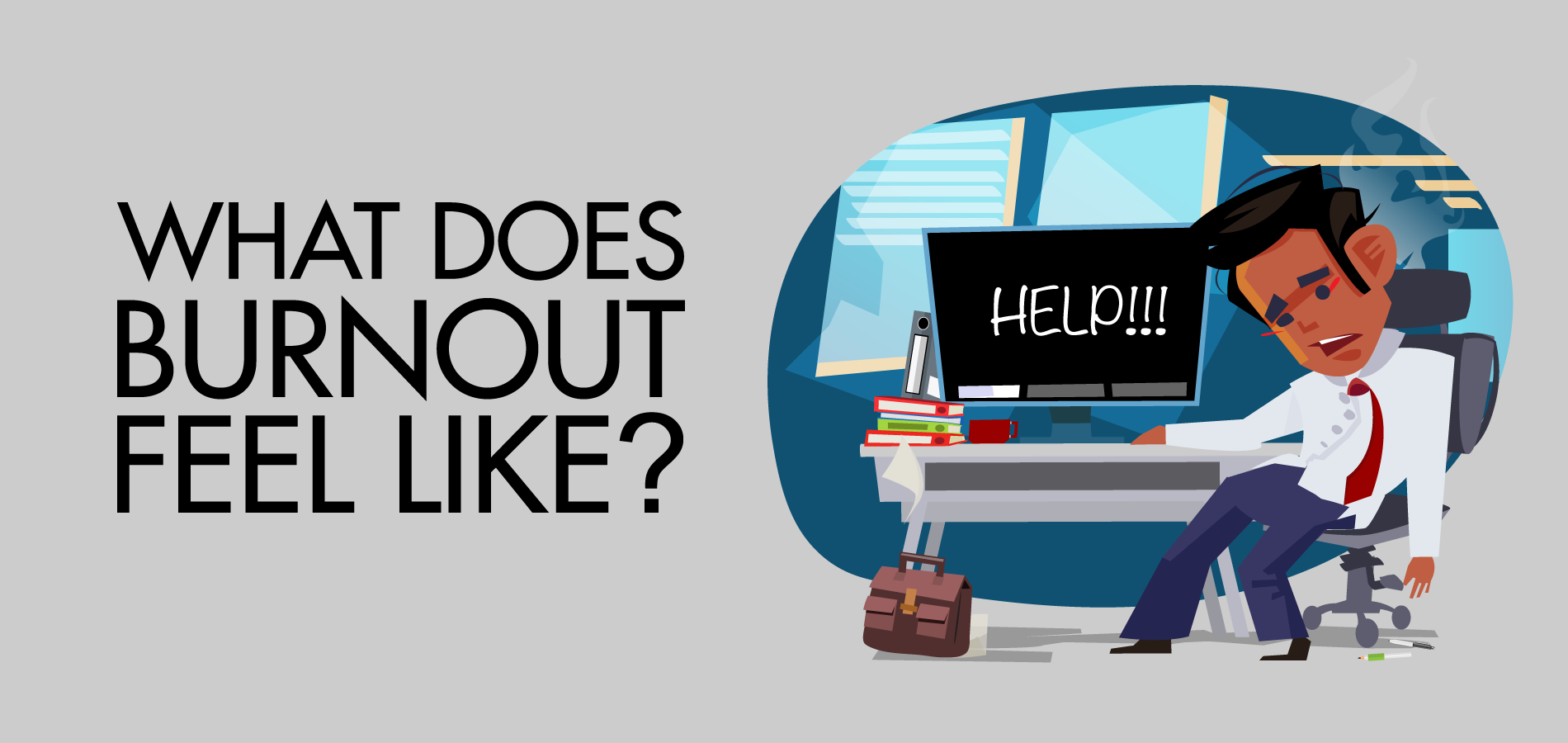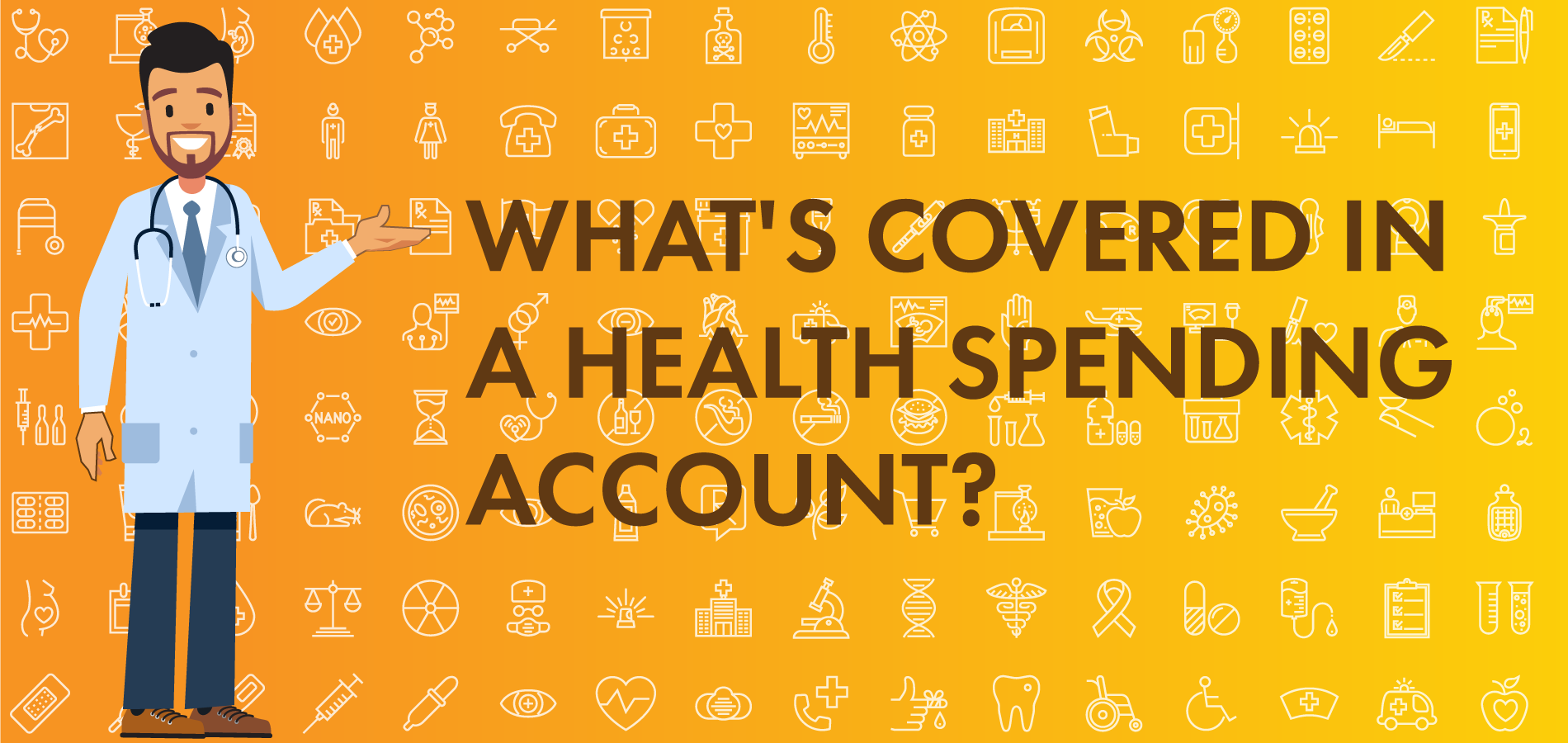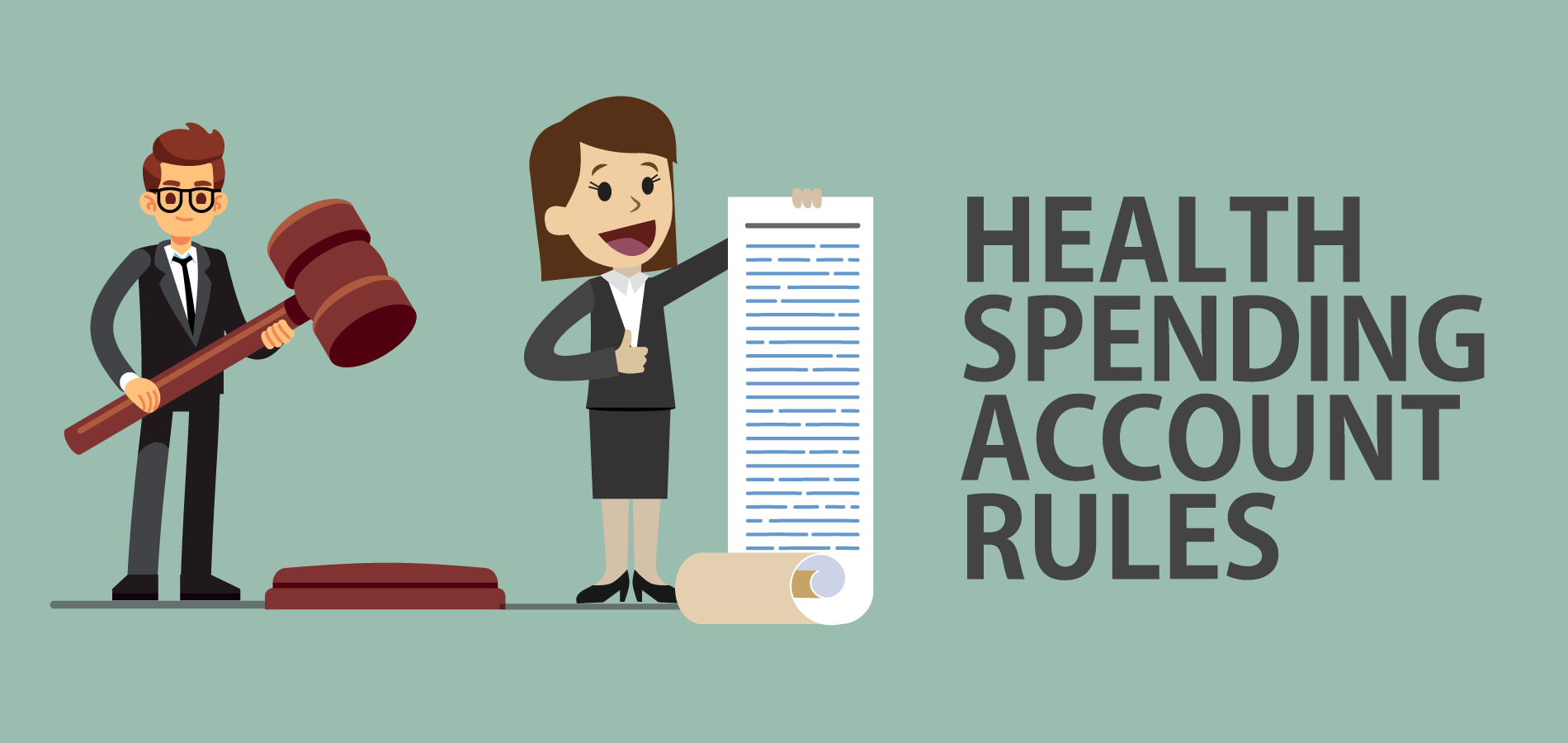The term "burnout" has been popping up more often during conversations about stress. Often used interchangeably, the two terms actually refer to very different feelings. There are important distinctions between the causes, symptoms, and feelings we get when we experience burnout or stress. In this article, we'll explore the key differences between the two.
It's important to understand the key differences between burnout, and experiencing too much stress. While stress is a component of burnout, experiencing a period of stress has very different feelings and effects on our body than burnout. Understanding these differences can help you better identify the cause behind how you're feeling, and your options for recovery.
What Does Stress Feel Like?
Stress, while not fun, can be viewed as a part of normal, everyday life. It is typically experienced in short bursts and as a response to a specific event. In the short-term, stress can actually be helpful and allow you to perform better on certain tasks.
Characterized by a feeling of "too much(!)," stress can leave you feeling like you're drowning. You may feel like there is too much pressure on you, too much to do, and so on.
You may experience stress several days in a row, particularly if you're working on a difficult project. However, stress will typically lessen or disappear entirely once the project is complete. Over time, stress can cause physical damage to your body.
Here's what stress feels like:
- Over-engagement
- Over-reactive emotions
- Hyperactivity
- Loss of energy
- Anxiety
- Headaches
- High blood pressure
What Does Burnout Feel Like?
Burnout is mental health issue characterized by exposure to excessive and prolonged stress. It has been deemed an occupational hazard by the World Health Organization.
While stress is a component of burnout, burnout can leave us feeling like we don't have "enough." We don't have enough motivation, energy, engagement in our work, and so on. Components of burnout can cause physical damage, but burnout is more likely to cause emotional harm. While experiencing burnout, you may feel like you're all dried up.
It isn't always easy to identify burnout, as many of the symptoms can present like other issues. You may experience symptoms of stress, depression, anxiety, and so on.
Here's what burnout feels like:
- Physical, mental, and emotional exhaustion
- Disengagement
- Overwhelming dread
- Loss of motivation
- Blunted emotions
- Depersonalization
- Feeling empty
- Depression
The infographic below depicts the typical symptoms associated with both stress and burnout.
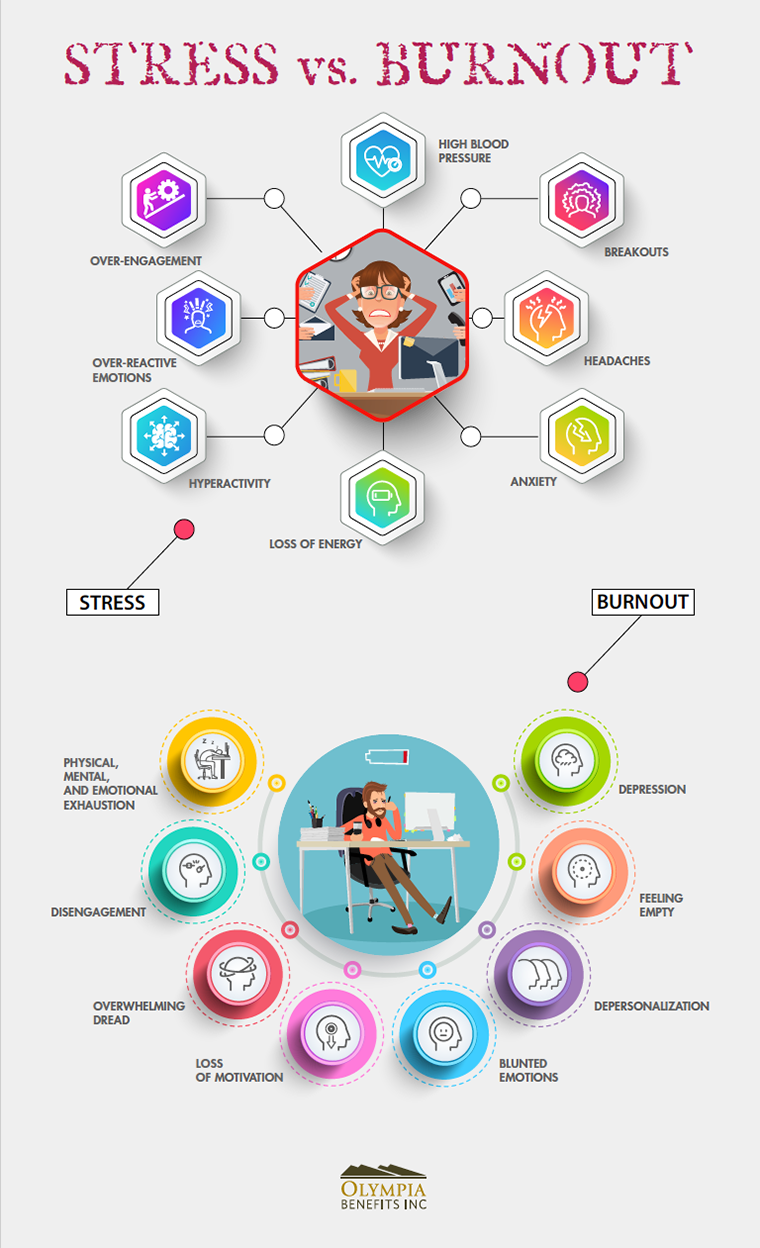
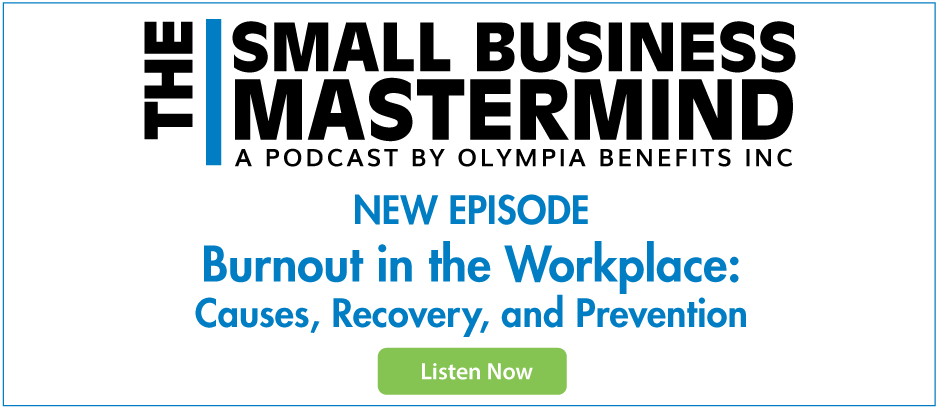
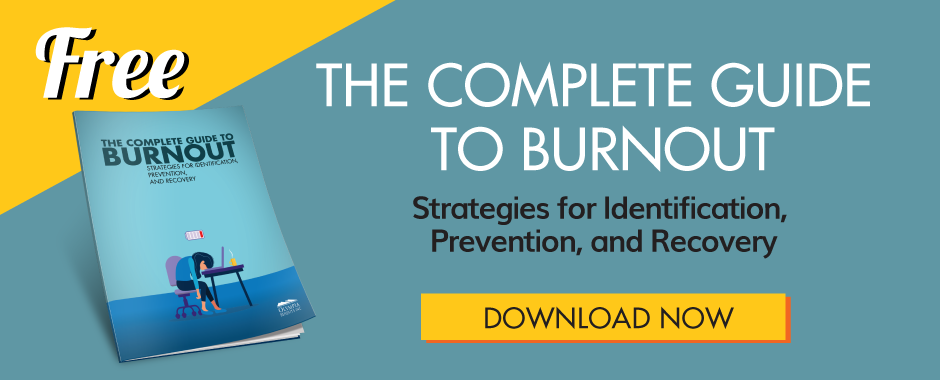
Sources:
https://www150.statcan.gc.ca/n1/pub/11-627-m/contest/finalists-finalistes_2-eng.htm
https://www.helpguide.org/articles/stress/burnout-prevention-and-recovery.htm
https://www.psychologytoday.com/ca/blog/the-mysteries-love/201503/how-deep-relaxation-affects-brain-chemistry
https://nutritionstripped.com/foods-for-burnout/
https://www.livestrong.com/article/543829-adrenal-exhaustion-and-coffee/
https://www.e-counseling.com/addictions/is-alcohol-a-stimulant-or-a-depressant-and-is-it-really-so-dangerous/
Related Content:
Burnout in the Workplace: Causes, Recovery, and Prevention (Podcast)
15 FAQs About Burnout
How to Spot the Employee Burnout Signs Companies Miss
13 Burnout Recovery Strategies You'll Want to Try
How to Prevent Burnout at Work Like a Pro
6 Things I Learned About Burnout from Interviewing Experts
